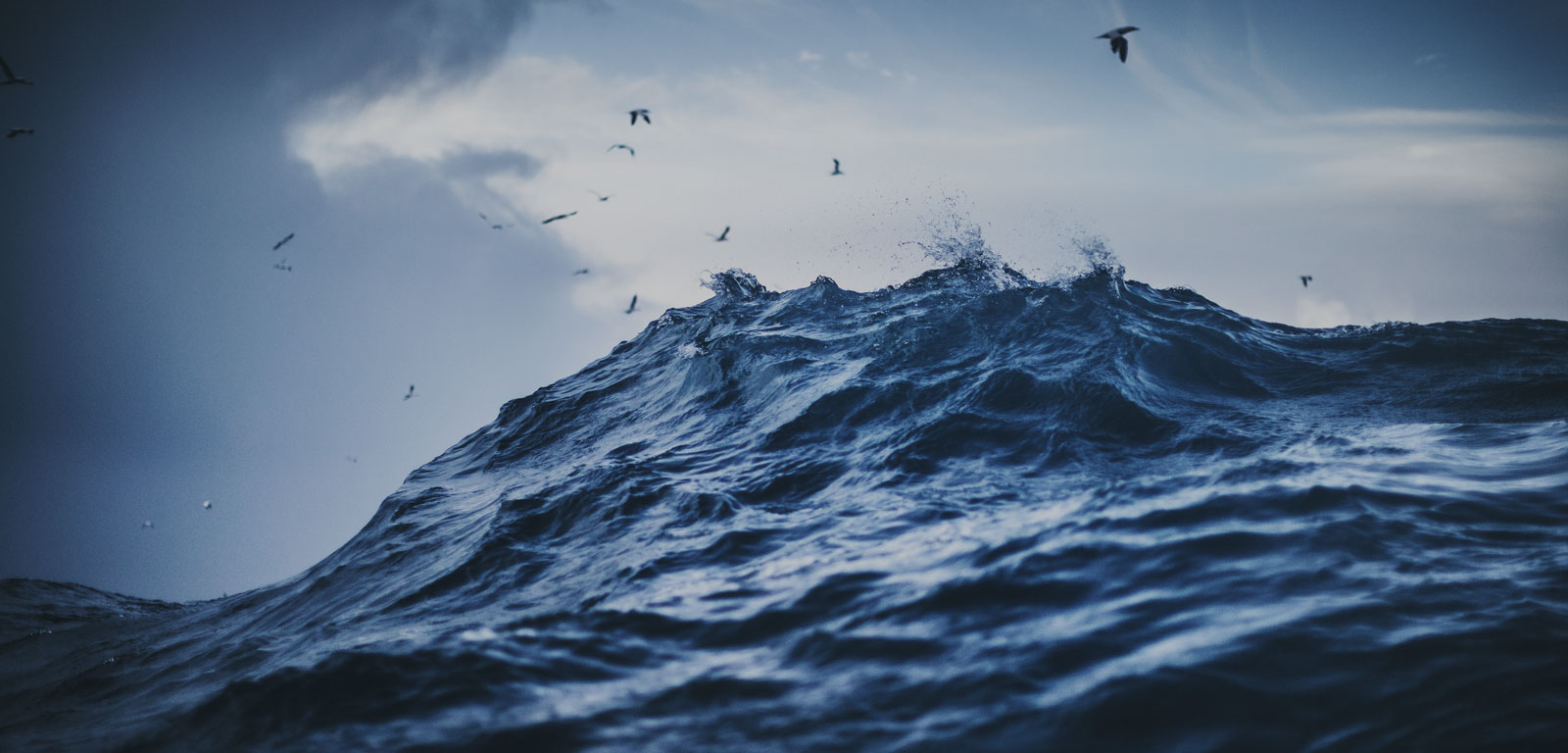Subject
Marine Enterpreneurship
General details of the subject
- Mode
- Face-to-face degree course
- Language
- English
Teaching staff
| Name | Institution | Category | Doctor | Teaching profile | Area | |
|---|---|---|---|---|---|---|
| DEL VALLE ERQUIAGA, MIREN IKERNE | University of the Basque Country | Profesorado Titular De Universidad | Doctor | Bilingual | Applied Economics | ikerne.delvalle@ehu.eus |
Study types
| Type | Face-to-face hours | Non face-to-face hours | Total hours |
|---|---|---|---|
| Lecture-based | 24 | 36 | 60 |
| Seminar | 8 | 9 | 17 |
| Workshop | 8 | 15 | 23 |
Training activities
| Name | Hours | Percentage of classroom teaching |
|---|---|---|
| Application Workshops | 23.0 | 42 % |
| Expositive classes | 60.0 | 40 % |
| Information presentation | 17.0 | 36 % |
Assessment systems
| Name | Minimum weighting | Maximum weighting |
|---|---|---|
| Attendance is compulsory. Participation level is evaluated as well. | 20.0 % | 20.0 % |
| Presentations | 20.0 % | 60.0 % |
| Written examination | 40.0 % | 60.0 % |
Temary
PART 1. Entrepreneurship and business management1. Introduction to business management: accounting, microeconomics, marketing, small business management, human resources management, operations management
2. Introduction to entrepreneurship: financing and fund raising, markets and sales strategies, new product development, sustainable entrepreneurship, circular economy, entrepreneurial leadership, SMEs, social relations and communication.
PART 2. Ocean economy
3. Overview of the ocean economy: the marine and maritime sector, global trends and macro-factors influencing the ocean economy; science, technology and innovation in tomorrow's ocean economy; international maritime regulation and emerging ocean-based industries; perspectives on and projections of the future of the ocean economy; integrated ocean management
4. Workshops on exemplary practical cases: fisheries management, aquaculture management.
The aim of this course is to present the foundations of scientific research in an organised form. This will start from a historical and philosophical point of view and end up considering its ethical and social implications in society nowadays.
It is also very important to show and try to develop in the students the basic skills they must develop in their research careers: communication (oral and written), documentation and creativity and problem solving abilities to face everyday problems.
Synopsis
1- Knowledge Theory
2- Research, Ethics and Society
3- Basic Research Methods
4- Scientific Documentation
5- Communication: Oral and Written
6- Creativity and Problem Solving
7- Research Funding
8- Research Outside the Academic World
Bibliography
Compulsory materials
OECD (2016), The Ocean Economy in 2030, OECD Publishing, Paris. http://dx.doi.org/10.1787/9789264251724-enBasic bibliography
INTRODUCCIÓN A LA INVESTIGACIÓN CIENTÍFICA Y TECNOLÓGICA, E. PRIMO YUFERA, ALIANZA EDITORIAL, MADRID, 1.994TEORIA DEL CONOCIMIENTO, C. HEMPEL, STUDENTLITERATUR, LUND, 1969
WHAT IS THIS THING CALLED SCIENCE, A.F. CHALMERS, THE OPEN UNIVERSITY PRESS, OXFORD, 1978
THE LOGIC OF SCIENTIFC INFERENCE, J, TRUSTED, McMILLAN PRESS, NEW YORK, 1979


